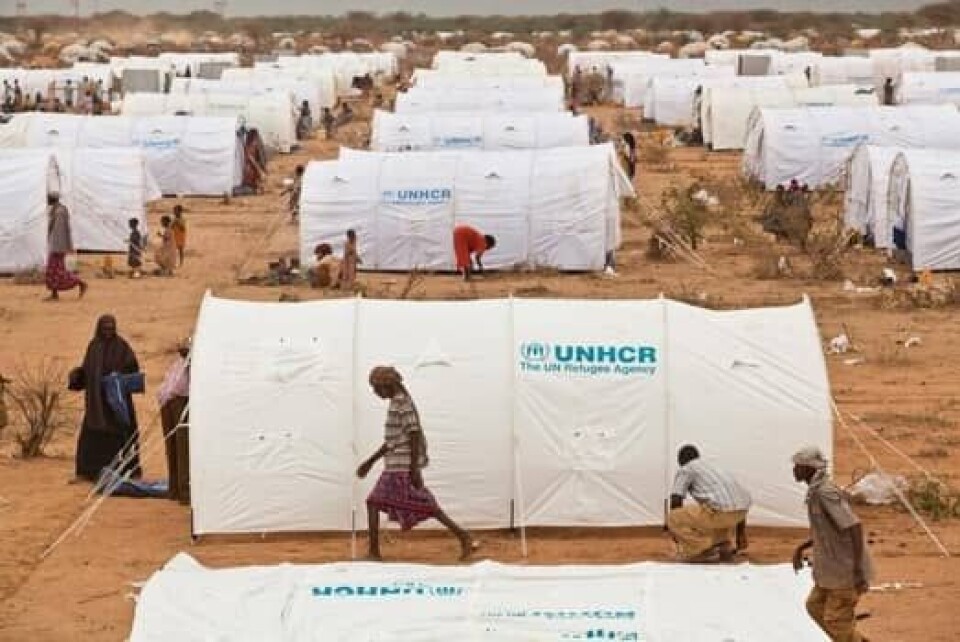In 2005 Nhial Kheer made the arduous journey from South Sudan into Kakuma refugee camp located in Turkana County, northwest Kenya. At the camp, Kheer managed to attain his Kenya Certificate of Secondary Education and later secured menial jobs as a community worker for aid agencies. “A missionary brought me to Kakuma camp to achieve education to escape joining the army to fight,” Kheer explained. Today he is married with two children.
With the advent of the new Kenya Refugee Act, Kheer says he will advance his studies, get a better job and eventually leave the camp.
Kenya’s Refugee Act came into law in November 2021, but it only came into effect in February 2022 and it will take at least six months for the Kenyan government to develop regulations that will guide the scope of refugee rights and provide institutional mechanisms for applying the new law.
While Kenya is receiving accolades for enacting this law that provides refugees living in the country with better access to education and inclusion to the labour market, the same government issued a directive in March 2021 to close Kakuma and Dadaab refugee camps by 30 June 2022. These camps host more than 500 000 people.
Kituo Cha Sheria Legal Advice Centre has published a booklet called The New Refugee Act 2021: A summarized and simplified version. The booklet states that, “The Act establishes government institutions tasked with the responsibility of managing refugee affairs. Further, it seeks to provide a safe asylum space for refugees, especially the most vulnerable groups such as women, children, persons with disabilities and unaccompanied minors.”
The booklet adds that Refugees Act 2021 is an improved version of the 2006 legislation that was developed to encompass “a more robust framework to safeguard the rights of refugees in line with the Constitution of Kenya 2010”.
“The law and these announcements conflict, at least in tone,” said Allan Mukuki, an advocate at the High Court of Kenya and legal expert in an interview given to Refugees International and Center for Global Development. “The law promises greater freedoms and rights for refugees, while the announcements suggest that all refugees should be returned to their country. The upcoming regulations will be key.”
In the interview, Mukuki further explained that, “the Act says refugees from EAC countries (Burundi, Rwanda, South Sudan, Tanzania, Uganda, and the newest member, the Democratic Republic of Congo (DRC)) can decide to no longer be treated as refugees and use their status as EAC citizens instead.”
“This would give them the right to work and to live anywhere in Kenya,” he noted, “though they would still need a work permit. This would enable EAC refugees to move to other parts of the country to work and to do business without having to obtain a movement permit.”
Kheer said he is very happy with the new Act. “I will be protected by the Kenyan constitution, the national and county government, but for the uneducated refugees who know nothing, a lot of efforts must be taken to ensure they are aware of their rights.”
To join Africa Legal's mailing list please click here

